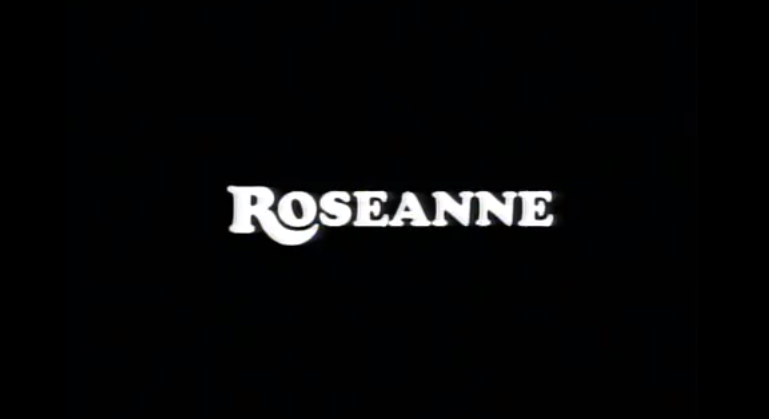
Introduction
The television sitcom Roseanne (1988-1997), led by Roseanne, popularized the trend of stand-up comedians leading sitcoms based on their routines – Seinfeld (1989-1998) for Jerry Seinfeld, Home Improvement (1991-1999) for Tim Allen, and Ellen (1994-1998) for Ellen DeGeneres. The series focuses on Roseanne Conner, an overweight, brash mother of three children – Becky, a stereotypical teen girl; Darlene, a sarcastic tomboy; and D.J., a peculiar young boy – and wife of contractor Dan Conner. Despite the series’ feminist discourse – mostly in the hands of its title character and actress – Jeremy G. Butler argues that Roseanne fails to fight the patriarchy because she is a mother and wife whom the audience sees as existing within the framework of patriarchal society (17). However, Butler’s argument suggests a rigid definition of feminism – a dangerous way of looking at the ideology if there ever was one – that a devoted wife and committed mother is inherently not a feminist. The concepts of television literacy and hypermediacy frame the body rhetoric of Roseanne in Roseanne as she subverts stereotypical expectations of the leading female actor and women in general and winks at her audience while promoting social progressivism and rejecting sexism and racism.